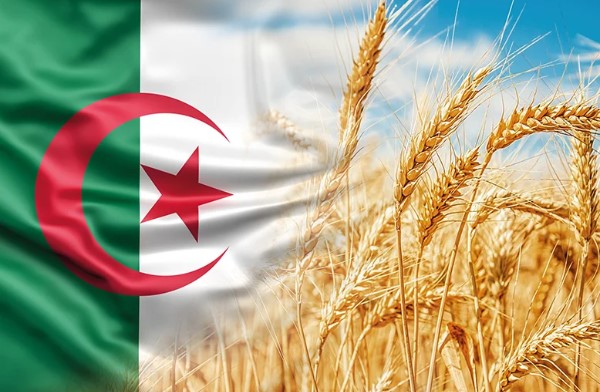
In a region where the struggle for food security is dictated by droughts, poor soil, and heavy reliance on imports, Algeria has scored a strategic win.
The North African nation has locked in a major wheat deal at an opportune moment, capitalising on a favourable shift in the global market to secure its grain supply and ease mounting budgetary pressures.
According to the Algerian Interprofessional Cereals Office (OAIC), Algiers has successfully finalised a tender to purchase between 550,000 and 570,000 tonnes of bread wheat.
The deal, concluded at a competitive rate of approximately $244.50 per tonne—including logistics—comes as global wheat supply outpaces demand, particularly in Eastern Europe.
Deliveries are scheduled in two phases, on 21 and 31 August, a strategic move that will allow for staggered unloading and more efficient distribution across the country’s supply chain.
With food price inflation a constant source of tension in the region, such logistical foresight is seen as key to maintaining domestic stability.
The wheat will primarily be sourced from Eastern European countries bordering the Black Sea—nations currently benefiting from high production volumes and their geographic proximity to the Mediterranean.
This combination of surplus supply and low shipping costs made them the logical partners for Algeria’s latest grain import operation.
For Algeria, where bread is not only a staple food but a socio-political pressure point, the significance of this deal goes beyond economics.
By securing a large volume of wheat at a favourable price, the government is effectively insulating itself from future price volatility, which could be triggered by climate change or geopolitical upheaval.
While Morocco, Tunisia, and other Maghreb states continue to wrestle with the challenges of agricultural dependency and unpredictable international markets, Algeria’s calculated timing and diplomatic leverage in this transaction offer a rare moment of economic breathing space.
It also underscores the pivotal role of food supply management in maintaining national stability across the Maghreb.



